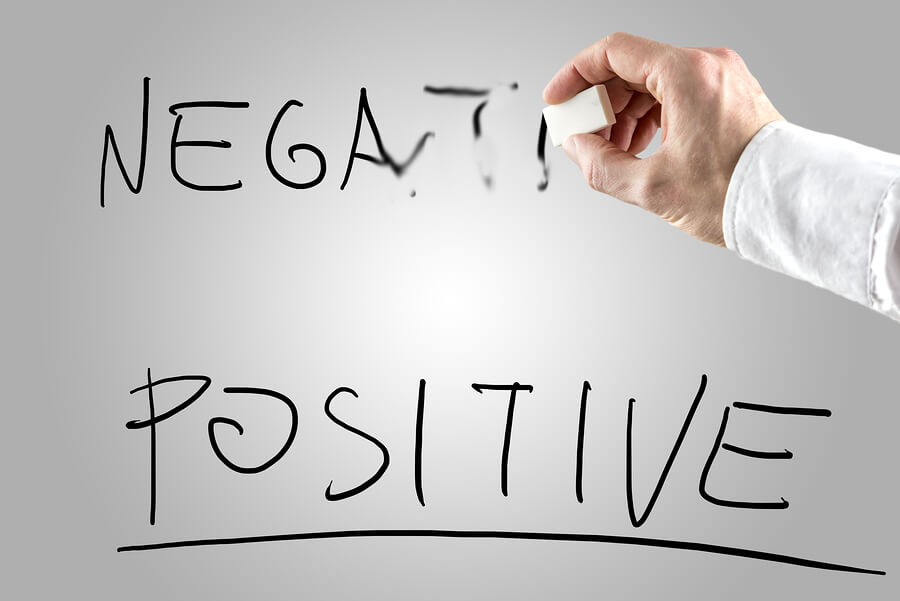How you feel at any given moment has a big effect on what you do. When someone is feeling happy, they may react to a situation much differently than they would when they feel stress. This is why in my new ebook Unlocking the Hidden Customer Experience: Short stories to ensure remarkable success we discuss the design of emotions into a Customer Experience. Most people assume that negative emotions have no positive to them—however, that isn’t always true.
How Guilt Affects Spending Money
Dan Ariely discussed how guilt affects how people spend money. In particular, Ariely, a behavioral economics expert, discussed why people feel less guilty spending gift cards instead of cash. The reason involves the idea of limitations.
Cash works anywhere. Cash is good for paying the electric bill and also for paying for a new electronic gizmo or Bahamas getaway. The reason we pay the electric bill and skip the new electronic gizmo (and the Bahamian escape) is because we feel guilty spending money on those items. We tell ourselves that we can wait/make do/go next year and do something more responsible with the money. Well, at least most of the time we do.
Gift cards, on the other hand, limit what you can buy with the funds. If you get a gift card to iTunes, it’s not like you can use that to pay the electric bill. You have to spend it on iTunes. Eliminating your choice from the matter eliminates guilt about buying the next season of Penny Dreadful for a binge watching session on your new electronic gizmo (ahem).
Ariely points out the type of gift card matters. Visa or American Express gift cards don’t help, since they could pay the electric bill. But store specific gift cards have that effect, alleviating or eliminating the guilt of spending money.
Ariely is talking about an important concept called framing. How you frame a decision is critical to how a person perceives it. You can use it to present information and choices in a way that helps them feel better about their decisions. Just like people feel guilty if they use cash to buy something selfish, they feel fine spending a gift card at one of their favorite stores. The same can be true of how you ask a person to take on a new task at work, or migrate to a new plan of your service. When you frame the information in a certain way, you evoke an emotion that is deliberate and adds value to your interaction.
Envy: Hatred’s Cousin but the Father of Determination.
Like guilt, envy is another negative emotion. Negative or not, wanting what someone else has is universal. From the material to the physical, to the intangible, we all see things others have and wish we had those things, too. The problem, as is pointed out in the recent article from Bigthink.com, is envy often quickly descends into jealousy and then hatred. The author says envy is hatred’s close cousin. This negative emotion is hardly productive when you look at it that way.
However, if hatred is its close cousin, envy also has a familial tie with positive emotions as well: determination. Envy, or desire, is often the driver of determination. Many a revolutionary idea was born from an envious mind. Coupled with desire’s drive, they sire determination a key emotion to drive behavior.
What this says to me is that a little bit of envy can be a good thing. By showing others what is possible, you can create new possibilities. By creating carrots that if obtained, satisfy a desire, you can channel envy into creating behaviors you want, whether that’s in your employees, your Customers or even your kids!
Emotions are a huge part of the answer to “why” we do things as I discuss in my new eBook. We normally associate good things with positive emotions and bad things with negative emotions. The truth is there are many positive things that can come from negative emotions.
What do you think? Can negative emotion be a gateway to positive behavior or is it a certain descent into more negative reactions? Please share your opinion in the comments below.
“Unlocking the Hidden Customer Experience: Short Stories of Remarkable Practices that Ensure Success” is designed to help organizations take their Customer Experience to the next level.Read more about the book here.
If you enjoyed this post, you might be interested in the following blogs:
Colin Shaw is the founder and CEO of Beyond Philosophy, one of the world’s first organizations devoted to customer experience. Colin is an international author of four bestselling books and an engaging keynote speaker.
Follow Colin Shaw on Twitter @ColinShaw_CX


